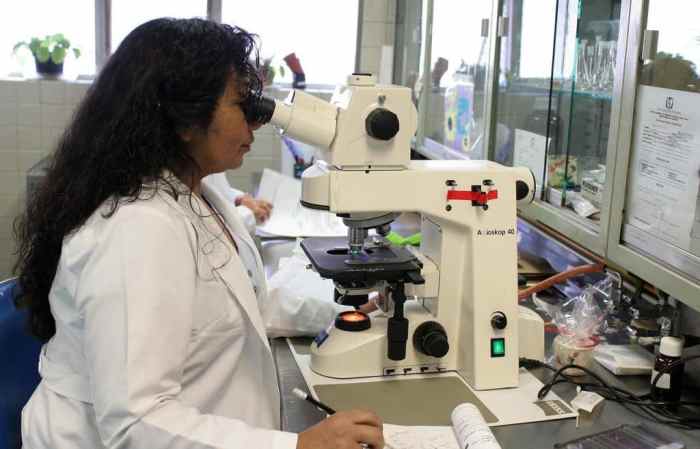Welcome to the world of nursing! As you embark on this journey, the Foundations of Nursing 9th Edition Answer Key will serve as your guiding light. This comprehensive resource unlocks the fundamentals of nursing, providing you with a deep understanding of the core concepts, principles, and practices that shape this noble profession.
With its clear and concise explanations, this answer key delves into the intricacies of nursing, empowering you to navigate the complexities of healthcare settings with confidence. Whether you’re a seasoned nurse or an aspiring student, this key will illuminate your path, guiding you towards excellence in patient care.
Nursing Fundamentals

Nursing fundamentals constitute the foundational principles and concepts that underpin the nursing profession. These fundamentals encompass the core values, knowledge, and skills required for nurses to provide safe, compassionate, and effective patient care. Understanding nursing fundamentals is paramount for nurses to fulfill their roles and responsibilities in diverse healthcare settings.
Historical Evolution of Nursing
The nursing profession has undergone significant evolution throughout history. From its humble beginnings as a form of compassionate care provided by individuals such as Florence Nightingale, nursing has transformed into a highly skilled and respected profession. Today, nurses play a vital role in healthcare delivery, providing a wide range of services from basic patient care to advanced medical interventions.
Roles and Responsibilities of Nurses, Foundations of nursing 9th edition answer key
Nurses assume various roles and responsibilities in healthcare settings, including:
- Providing direct patient care, such as administering medications, monitoring vital signs, and performing wound care.
- Educating patients and their families about health conditions, treatments, and medications.
- Collaborating with other healthcare professionals to develop and implement patient care plans.
- Advocating for patients’ rights and ensuring their well-being.
- Conducting research to improve nursing practice and patient outcomes.
Health Promotion and Maintenance: Foundations Of Nursing 9th Edition Answer Key

Health promotion and maintenance are essential aspects of nursing practice. Nurses play a pivotal role in promoting healthy behaviors and lifestyles, preventing disease, and addressing health risks and vulnerabilities.
Importance of Health Promotion
Health promotion is crucial for maintaining optimal health and well-being. Nurses can promote health by:
- Educating patients about healthy nutrition, exercise, and stress management.
- Providing resources and support for smoking cessation, weight management, and other health-related behaviors.
- Screening for health risks and vulnerabilities, such as hypertension, diabetes, and obesity.
Addressing Health Risks and Vulnerabilities
Nurses can address health risks and vulnerabilities by:
- Identifying and assessing health risks through comprehensive patient assessments.
- Developing and implementing interventions to reduce risks and improve health outcomes.
- Collaborating with other healthcare professionals to provide comprehensive care for patients with complex health needs.
Pathophysiology

Pathophysiology is the study of the physiological changes associated with disease processes. Understanding pathophysiology is essential for nurses to comprehend the mechanisms of disease, anticipate potential complications, and provide appropriate interventions.
Basic Concepts of Pathophysiology
Key concepts in pathophysiology include:
- Etiology: The cause or origin of a disease.
- Pathogenesis: The sequence of events that lead to the development of a disease.
- Clinical manifestations: The signs and symptoms of a disease.
- Prognosis: The predicted course and outcome of a disease.
Relevance to Nursing
Pathophysiology knowledge enables nurses to:
- Assess and monitor patients for signs and symptoms of disease.
- Anticipate potential complications and implement preventive measures.
- Develop and implement appropriate nursing interventions to manage disease processes.
FAQ Explained
What is the significance of the nursing process?
The nursing process is the systematic framework that guides nurses in assessing, planning, implementing, and evaluating patient care. It ensures a patient-centered approach, promoting optimal outcomes and quality healthcare.
How does pharmacology contribute to nursing practice?
Pharmacology empowers nurses with the knowledge and skills to administer medications safely and effectively. They can assess drug interactions, monitor patient responses, and educate patients about medication use, ensuring optimal therapeutic outcomes.
Why is patient-centered care crucial in nursing?
Patient-centered care recognizes the unique needs and preferences of each patient. It involves treating the whole person, not just their illness, and fostering a collaborative relationship between the nurse and patient. This approach promotes patient autonomy, dignity, and satisfaction.
